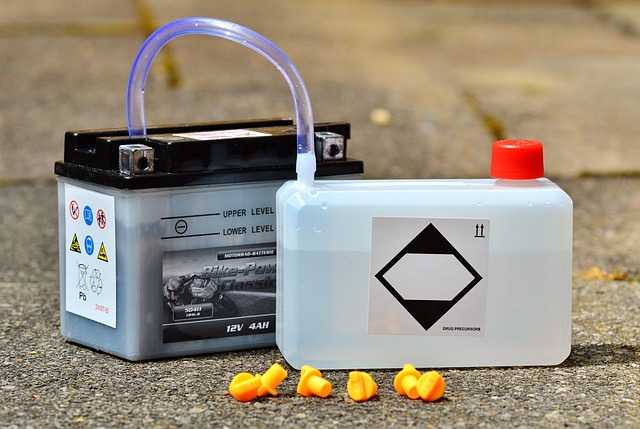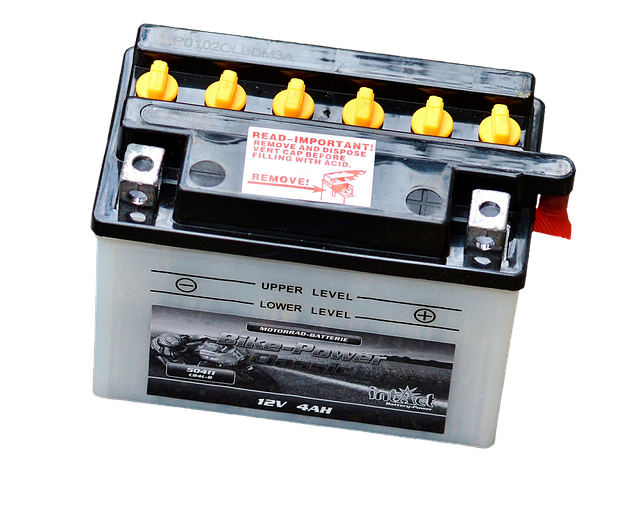In a world increasingly aware of its ecological footprint, the automotive industry is not lagging behind; instead, it is at the forefront of revolutionary changes, especially with the rise of the battery take-back initiative. As electric cars gain popularity, the need for sustainable practices becomes crucial, and manufacturers are responding by innovating ways to recycle and repurpose batteries.
Electric vehicles (EVs) are commonly hailed as a pivotal step towards reducing greenhouse gas emissions. However, the very technology that makes these cars environmentally friendly—the lithium-ion batteries—presents significant challenges when it comes to disposal. This is where battery take-back programs come into play. These initiatives encourage both manufacturers and consumers to return used batteries for recycling rather than discarding them, ensuring that valuable materials are recovered and reused.
As we dive into the mechanics of car service in an era dominated by electric power, it’s essential to understand the role that battery take-back plays in maintaining sustainability in the automotive sector. Car service centers are evolving to specialize in the proper handling and recycling of EV batteries. Service technicians are becoming adept not just at servicing electric cars but also in responsibly managing battery lifecycle, ensuring that end-of-life batteries are efficiently processed under regulated conditions.
Battery take-back initiatives also stimulate innovation in car parts. As recyclability becomes paramount, automobile manufacturers are focusing on developing batteries that are not only high-performing but also easier to disassemble and recycle. This shift leads to advancements in car engines and overall vehicle design, propelling the industry toward a circular economy model where the end of a battery’s life is the beginning of its next lifecycle.
Moreover, recent car news highlights various partnerships and programs aiming to enhance battery take-back efforts. Automotive giants are joining forces with recycling companies to establish seamless collection processes. These collaborations alleviate consumers’ concerns about the environmental impact of their vehicles, providing peace of mind that their old batteries will be handled sustainably.
As consumers become increasingly aware of sustainability issues, the demand for such programs is rising. People want assurance that when they choose an electric car, their decision contributes positively to the environment. Car manufacturers are rising to the occasion, adjusting their practices not solely for compliance but out of genuine commitment to sustainability.
Moreover, battery take-back initiatives are paving the way for advancements in battery technology itself, resulting in economically viable electric cars that do not compromise performance or sustainability. Industry-wide adoption of effective take-back programs can redefine consumer perceptions of electric vehicles, transforming them from merely a trending consideration to a paramount choice for eco-conscious drivers.
Ultimately, the rise of battery take-back in the automotive industry encapsulates a forward-thinking approach to sustainability. It speaks to a collective responsibility shared among manufacturers, service centers, and consumers, emphasizing a more significant commitment to the planet.




